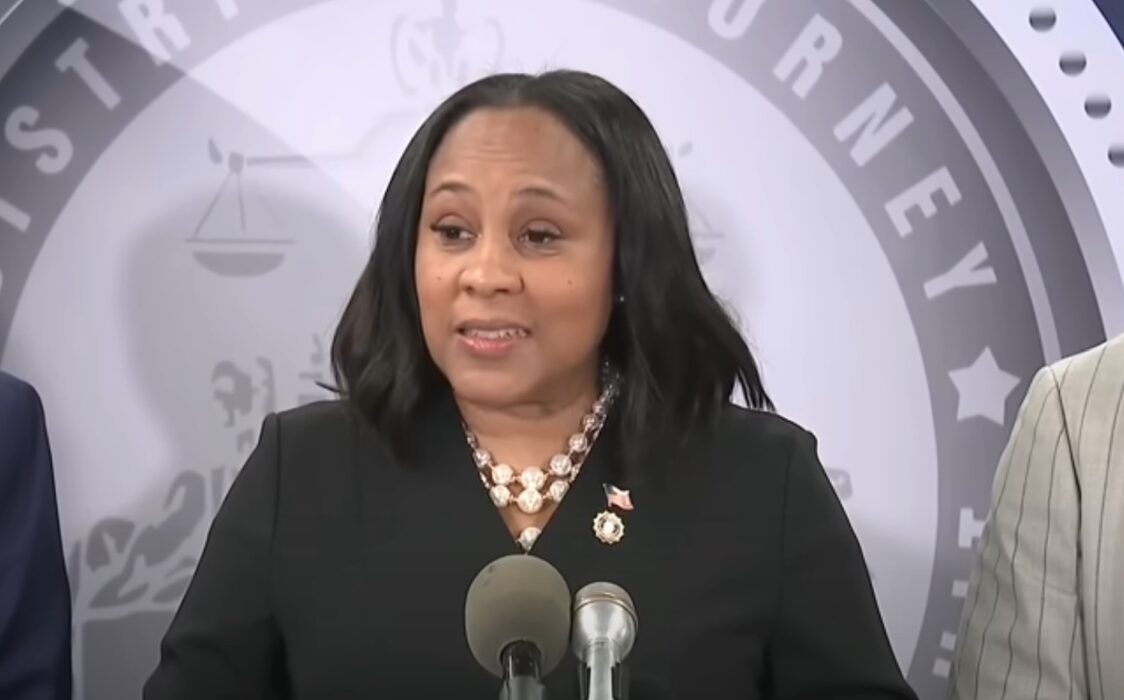In a dramatic twist befitting the saga of Fulton County's troubled prosecution of President Donald Trump, the man tasked with finding a replacement for disqualified District Attorney Fani Willis has now taken the reins himself.
Peter Skandalakis, executive director of the Prosecuting Attorneys Council of Georgia (PACGA), announced on November 14 that he would assume responsibility for the 2020 election case — a move that underscores both the case’s toxicity and the deepening cracks in its legal foundation.
Skandalakis’ appointment was not born of ambition, but necessity. The Georgia Supreme Court upheld Willis’ disqualification in September after a storm of controversy revealed she had hired her romantic partner, Nathan Wade, to serve as a special prosecutor — awarding him a lucrative contract and reportedly benefiting from lavish vacations and cruises paid for by Wade. Defense attorneys filed for her removal in January 2024, citing both ethical and financial misconduct, and the court eventually agreed.
Now, with a legal deadline looming and no other prosecutor willing to touch the case, Skandalakis made a reluctant but calculated decision. In his official filing, he noted: “Several prosecutors were contacted and, while all were respectful and professional, each declined the appointment.” Respectful, yes. Willing to inherit the weight of a politically explosive case tainted by scandal? No.
News: After failing to find another attorney willing to take on Fani Willis' 2020 election case against Trump, the prosecutor searching for her replacement has appointed himself. pic.twitter.com/jKJ9PHh79O
— Katelynn Richardson (@katesrichardson) November 14, 2025
Skandalakis’ statement was laced with concern for both legal integrity and public accountability: “The public has a legitimate interest in the outcome of this case,” he wrote, adding that he would now conduct a full review before deciding how — or whether — to proceed.
For Trump’s legal team, this development adds new fuel to their defense. “This politically charged prosecution has to come to an end,” said Steve Sadow, the president’s lead counsel in the Georgia case. He reiterated confidence that a fair review would lead to dismissal, a sentiment bolstered by the very fact that no seasoned prosecutor was willing to take the job.
Willis’ collapse didn’t happen in isolation. After initially denying any impropriety, she claimed all special prosecutors were paid the same rate — a claim later refuted by documents obtained by the Daily Caller News Foundation. In truth, Wade was paid more than the state’s top RICO expert, a detail that shredded her credibility and raised questions about the case’s internal fairness.
The legal implications are as serious as the optics. Prosecutorial misconduct, conflicts of interest, and the taint of political bias have shifted attention away from the actual charges and toward the machinery of the prosecution itself. And with Skandalakis now leading a case he didn’t want, one has to wonder how much energy, independence, and political will remains behind what once promised to be a marquee legal battle.


